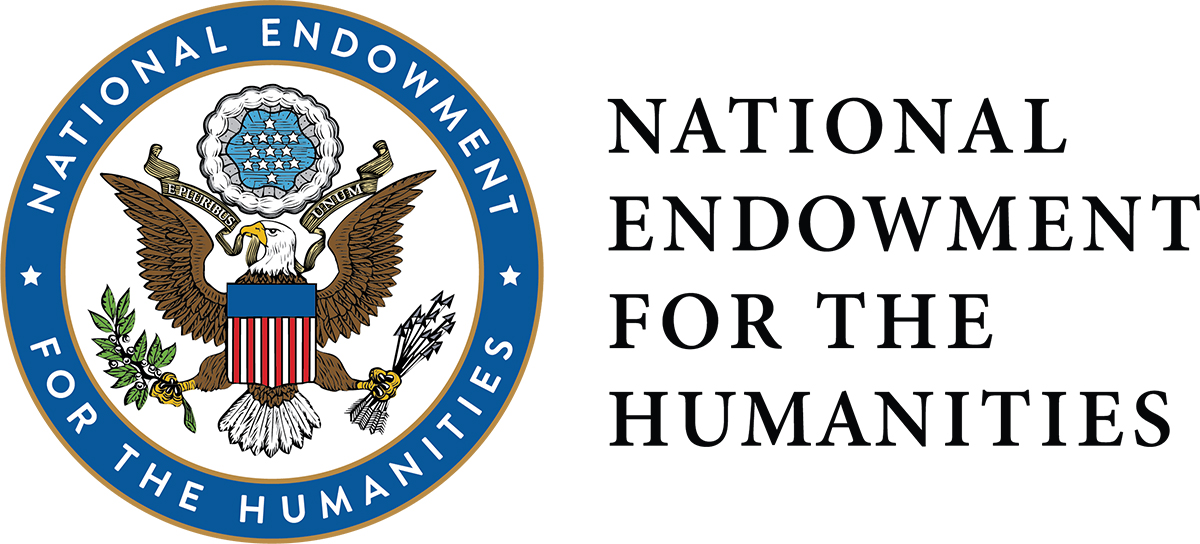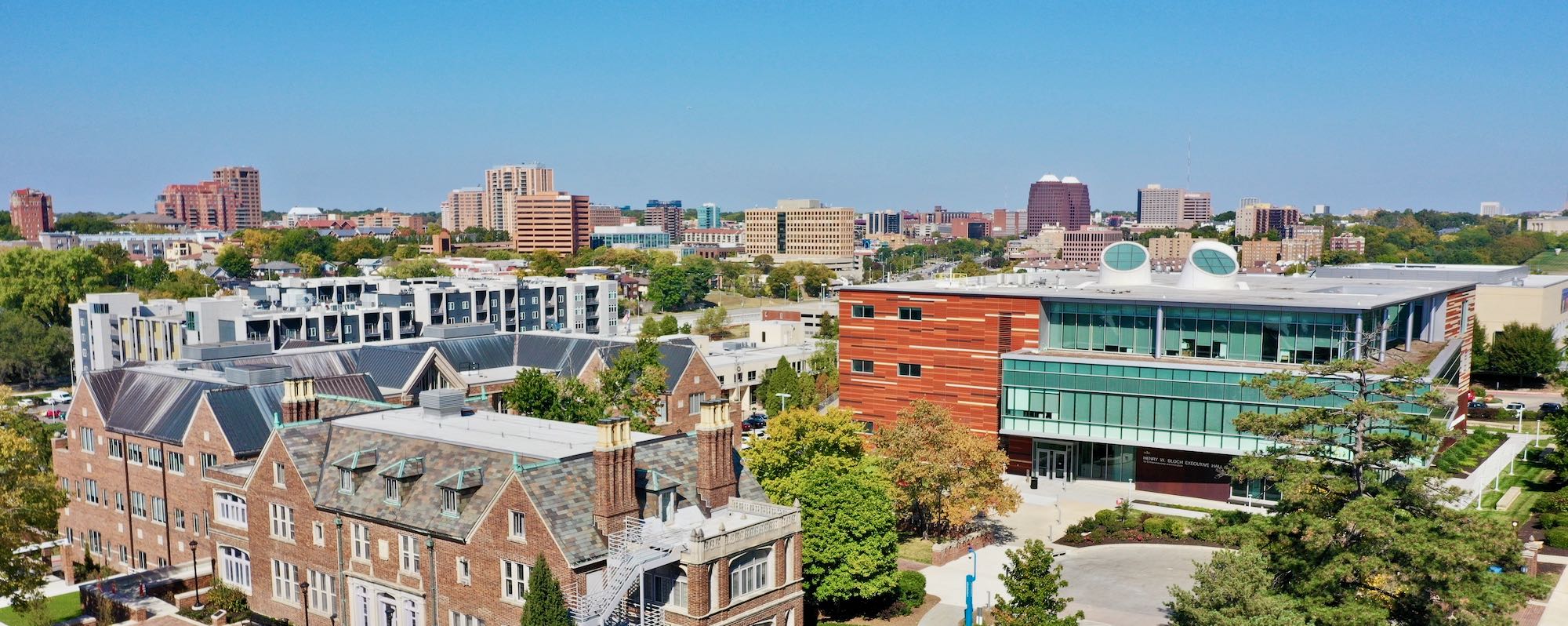Statistics indicate a widening gap between American civilians and service members. This gap exacerbates veteran reintegrating into civilian life and misunderstandings between veterans and civilians, that can have meaningful consequences both for the health quality of life of veterans and for society, peace, and democracy. Research in veteran reintegration and well-being suggests that feeling seen, understood, and incorporated into a community are important for successful reintegration of veterans. Successful reintegration benefits the health and quality of life of veterans and their families and it contributes to the health and functioning of their societies. It is also important for citizens in a democracy to understand the costs of wars and other military activities undertaken in their name so that they can make more informed decisions at the polls and in their civic engagement. Additionally research from political science, sociology, and history indicates that a disconnect between the military and society can have significant consequences for civilian control of the military, a hallmark of democracy.
An estimated 10,000 veterans return to the Kansas City metropolitan area each year upon discharge, making the city a prime location for attempting to bridge this civil-military divide. The Bridging the Gap project at the University of Missouri - Kansas City (UMKC) serves three primary goals: (1) to better serve the veteran community on campus at the University of Missouri, Kansas City, (2) to contribute to university-wide efforts to support the veteran population of Kansas City, and (3) to encourage engagement, discussion, and dialogue among contemporary veterans and their civilian counterparts. We aim to make this program a self-sustaining component of the general education curriculum at UMKC, while securing local and national partners to support guest lectures and programmed focused on bridging the divide between veterans and civilians.
The program consists of two public-facing components. The first is a general education course, first offered in the Spring of 2023 at UMKC which explores civil-military relations; what happens when veterans become civilians again; and the political, social, and public health implications of a widening civil-military divide. Project PIs selected student veterans to serve as Supplemental Instructors (SIs), trained in partnership with the Leading by Learning Program developed by International Center for Supplemental Instruction (ICSI) housed at UMKC. Project PIs and the Supplemental Instructors led groups of civilian and some military-connected students through a holistic examination of military-civilian relationships across time and culture, with emphasis on the wars in Iraq and Afghanistan and Argentina’s Dirty War. Students and SIs explored the diversity of military experiences; the ways veterans and others have translated experiences of war into novels, memoirs, songs, and films; the challenges of accurately representing these experiences; and the crucial ways that narrative can connect civilian and military communities.
The second public-facing component of the project is a series of lectures and events designed to continue and broaden the conversations begun in the general education course.
The project is supported by funding from the National Endowment for the Humanities Dialogues on the Experience of War.


